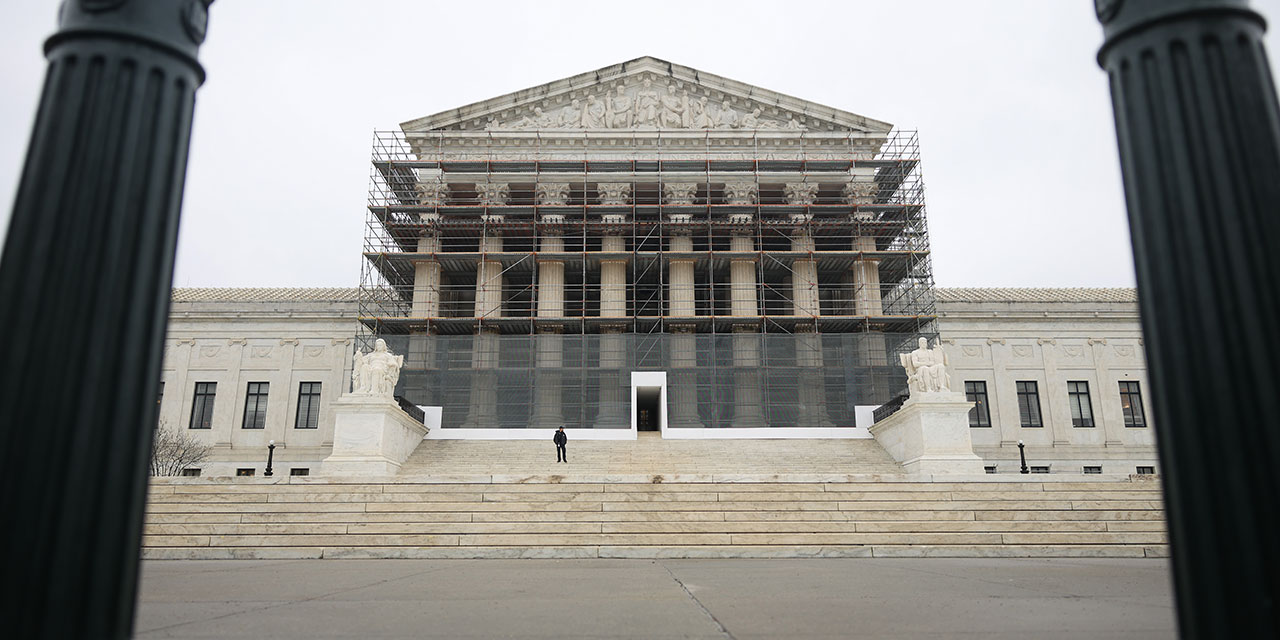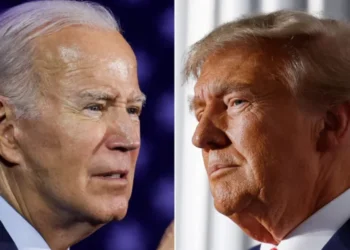
The Supreme Court recently heard arguments in Trump v. CASA, Inc., a case that could decide the future of so-called universal or “non-party” injunctions. These district court orders, which block the enforcement of laws or executive actions nationwide, have proliferated over the last decade, making it increasingly difficult for presidents of both parties to govern.
While the Court is expected to narrow the practice, it may not have the final say. What would Congress do if, against expectations, the Court allows these sweeping injunctions to continue? The answer is unlikely to please those members of the Court who want to protect their institution from political interference.
Finally, a reason to check your email.
Sign up for our free newsletter today.
First, the scope of the problem: the Constitution limits the judicial power to actual “cases or controversies,” meaning lawsuits must involve the application of laws to specific parties. When a party prevails, the court issues a remedy to address the unlawful action in that particular case.
This raises the issue now before the Court: Should these remedies apply just to the party who brought the suit, or to everyone? For example, when district judges in both Trump administrations ruled against his bans on transgender-identifying people serving in the military, should the injunctions have applied to the Department of Defense in every case, or only to the servicemembers who sued?
Supporters of non-party injunctions say that because these actions apply to the government, they should hold nationally. Opponents respond that fundamental legal principles do not contemplate non-party relief—the case was brought by a specific party, and any potential injunction applies to him alone. Courts have increasingly taken the former view, deploying nationwide injunctions to stop executive actions ranging from Barack Obama’s DAPA to Donald Trump’s first-term travel ban to Joe Biden’s student-loan jubilee to countless initiatives in the second Trump administration.
Several justices have expressed skepticism of these maneuvers, notably Clarence Thomas and Neil Gorsuch. Similarly, prominent circuit judges like Jeffrey Sutton reined in lower courts’ universal injunctions during the Biden administration.
The Supreme Court, as supervisor of the lower courts, has a chance this term to provide clarity about district judges’ ability to enjoin the president’s actions. The justices could rule that district courts don’t have the power to enjoin the government’s conduct with respect to non-parties to lawsuits, and that any expansive relief would need to involve, say, a certified class action, itself subject to judicial review and appeal.
If they don’t, however, Congress will have the final word. The lower courts are creatures of the legislature, and Congress can always yank their leash. Indeed, Senators Tom Cotton, Mitch McConnell, Mike Lee, and Chuck Grassley have advanced proposals to address universal injunctions, and the House passed a similar bill from Representative Darrell Issa.
If Congress doesn’t pass a standalone bill, Senator Grassley is reportedly pushing to include provisions in the reconciliation package that would reform the use of non-party injunctions. For now, that’s the only realistic path forward. A standalone bill would face a filibuster, and the chances of seven Democrats agreeing to a change that might help Trump advance his agenda are effectively zero.
But if the Supreme Court shirks its responsibility to resolve this issue and punts it to Congress, the political calculus may shift. One possibility, which I have raised before, is that Senate Republicans may decide that the 60-vote filibuster threshold is untenable and abolish the mechanism. This would solve the problem of non-party injunctions—but also destroy the Senate as an institution.
From the Supreme Court’s perspective, the fact that any judicial-reform legislation requires a supermajority offers a layer of insulation from political interference. Chief Justice John Roberts has recently emphasized the importance of judicial independence—and rightly so. But maintaining that independence will be much harder if Congress no longer supports existing statutes or, perhaps more importantly, current funding levels.
Another possibility is that Senate Republicans will try to build a 60-vote coalition to end universal injunctions. Achieving that would require significant bipartisan support. Any Democrats willing to sign on would almost certainly demand that the bill include provisions for Supreme Court ethics reform.
For Democrats, the long-term appeal of a bill like Senator Sheldon Whitehouse’s SCERT Act—which would mandate for the Court a more stringent code of ethics, more onerous financial disclosures, and a draconian new recusal regime—could outweigh the short-term costs of enabling a more effective Trump agenda. Such a bill would allow Democrats to claim a win on judicial accountability, a priority for their base, while giving both parties more tools with which to harass disfavored justices.
Meantime, Republicans will face growing pressure both to advance Trump’s priorities and to distance themselves from a Supreme Court increasingly viewed by GOP voters as overly cautious, at best. A deal here may be possible—much to Chief Justice Roberts’s chagrin.
Ideally, the Court will bring clarity by ruling that district courts do not have the power simply to enjoin the executive, always and everywhere, and need to tailor their relief to the parties before them. If the justices decline to resolve the issue, they will leave it to Congress—raising the risk of real institutional damage to the Senate and the Court. Article III may not appreciate it when Article I reasserts itself.
Photo by Kayla Bartkowski/Getty Images
City Journal is a publication of the Manhattan Institute for Policy Research (MI), a leading free-market think tank. Are you interested in supporting the magazine? As a 501(c)(3) nonprofit, donations in support of MI and City Journal are fully tax-deductible as provided by law (EIN #13-2912529).
Source link
















